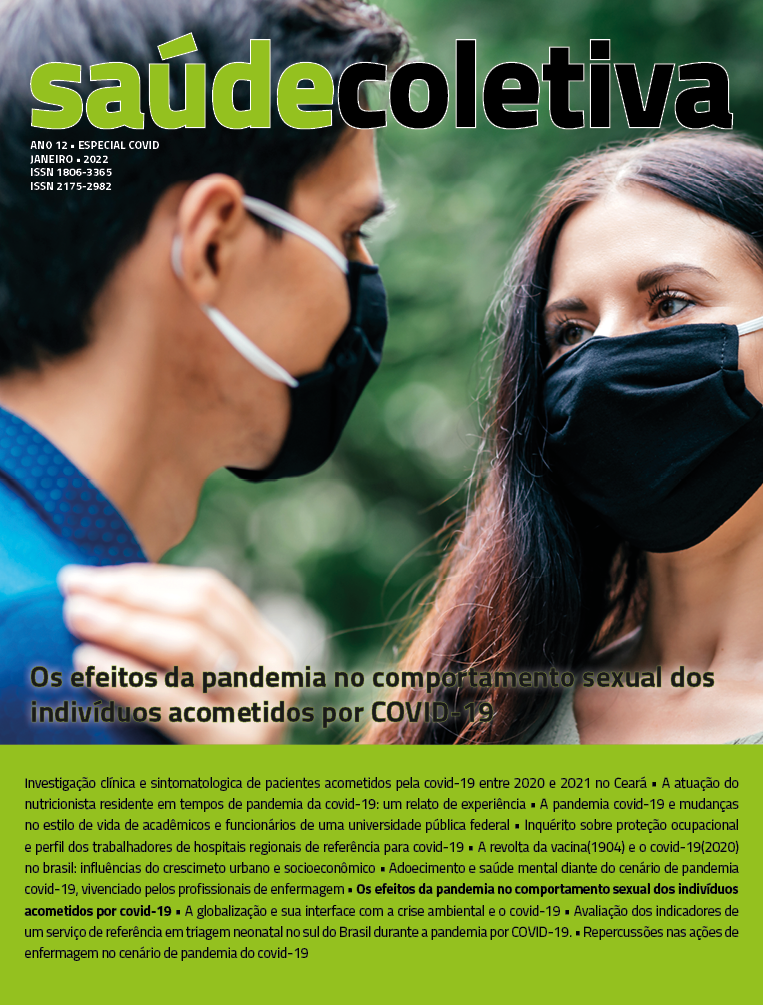Avaliação dos indicadores de um serviço de referência em triagem neonatal no sul do Brasil durante a pandemia por COVID-19.
DOI:
https://doi.org/10.36489/saudecoletiva.2022v12i2p9610-9625Keywords:
COVID-19, Triagem neonatal, fluxos de atendimento, serviço de referênciaAbstract
During the COVID-19 pandemic, an urgent reorganization and new planning of the flows in Neonatal Screening Services throughout Brazil was necessary, in order to minimize the negative impacts of the pandemic on the health care of the pediatric population. The main actions taken were the migration of exam collections to the maternity hospitals and the feasibility of remote consultations, avoiding the lack of assistance for confirmed cases with the diseases screened for. Based on the new flows, quality indicators, such as age at the time of collection, sample transport time, laboratory analysis and age of the NB at the first appointment for diagnostic confirmation, underwent a careful evaluation. Objective: to evaluate the impact of measures adopted in a neonatal screening service before and during the COVID-19 pandemic in southern Brazil. Methodology: serial cross-sectional population-based study. Data collection was carried out in the database of the Reference Service of the state of RS and in the review of medical records. The impact was estimated by comparing the SRTN-RS service indicators from September 2019 to May 2020. Results: the first month of the pandemic had results with a negative impact, but the numbers gradually returned to previous levels to the pandemic, as new flows were introduced into the service. Regarding the evaluation of the number of consultations, recalls and outcomes, they were very similar for the six diseases screened in the periods before and after the adoption of measures to fight the pandemic, with the exception of Congenital Hypothyroidism. The results of this study showed that the rapid actions of adjustments and adaptations had a positive impact on maintaining the good functioning indicators of neonatal screening in the state program during the COVID-19 pandemic.







